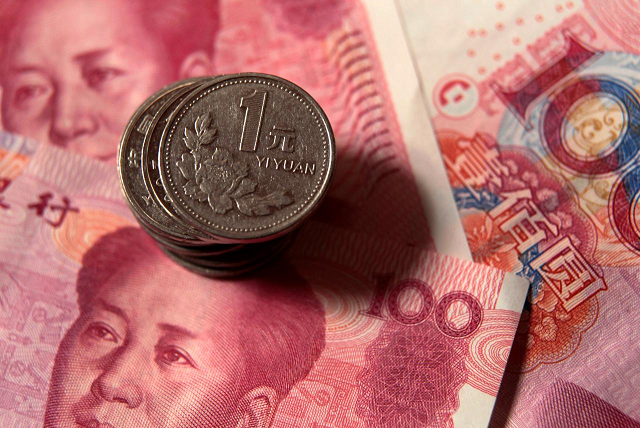China continues to make efforts for opening up its economy
Officials unveil adjustments to negative list allowing easier access for foreign firms

Officials unveil adjustments to negative list allowing easier access for foreign firms. PHOTO: REUTERS
The country will also introduce more opening-up measures for agriculture, mining, manufacturing and services and allow wholly foreign-owned enterprises to operate in more areas, said Ning Jizhe, vice-minister of the National Development and Reform Commission.
"We will stay true to developing a high-level open economy, fully implementing the management system of pre-establishment national treatment and negative lists and taking measures to encourage foreign investment," Ning said at a news conference during the two sessions, the annual meetings of legislators and political advisers.
Italy plans to join China’s BRI
A negative list indicates areas where investment is prohibited; all other areas are presumed to be open. Pre-establishment national treatment is where foreign investors are treated the same as domestic ones in the early stages of setting up a business.
China has begun the revision of its negative list for foreign investment and will continue to carry out test programmes for further opening-up in free trade zones, Ning said.
Foreign direct investment in China rose 3% to $135 billion last year, while the number of newly-established foreign-invested companies increased nearly 70%, Ning noted.
China has made big strides in fostering a better business environment. The country ranked 46th out of 190 countries in the World Bank's newly released ease of doing business rankings for 2018, compared with 78th place in 2017.
This article originally appeared in the China Economic Net



















COMMENTS
Comments are moderated and generally will be posted if they are on-topic and not abusive.
For more information, please see our Comments FAQ